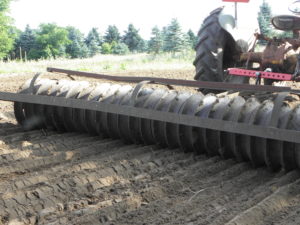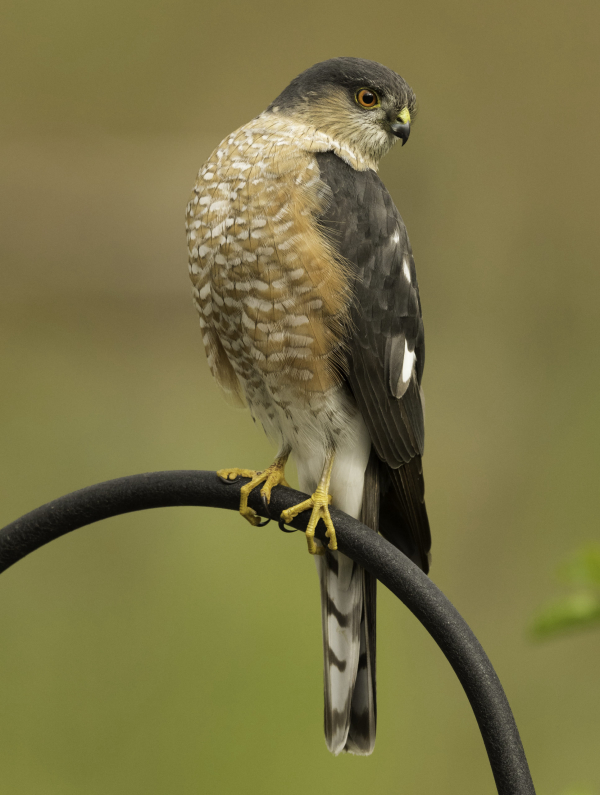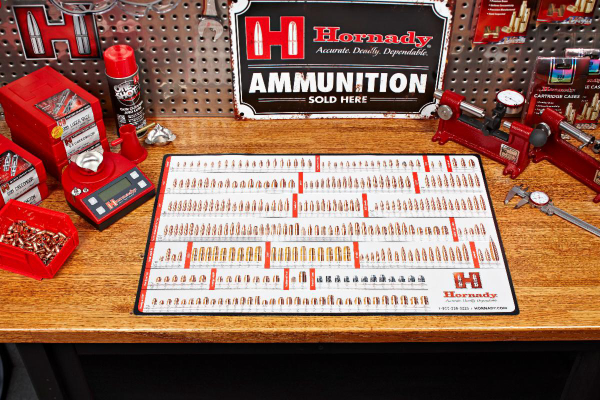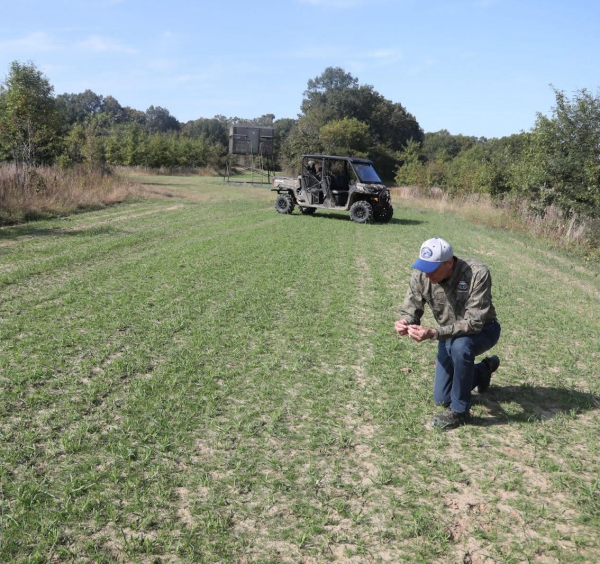Food Plot Prep with Less Spraying
By Glen Wunderlich
They asked Cassanova, man, what you got,
that makes all the women think you’re so hot?
He said, my little secret, boys, believe it or not,
is, I get up early in the morning…Roger Miller – I get up early in the morning
The wisdom of these lyrics haunted me, as I headed out at dawn on my 1948 Ford 8N tractor to hitch up the disk harrow to the 3-point. Nothing to do with Cassanova mind you; it was the idea of an early start on a food plot project that had almost gotten away from me. Almost. My plan was to dodge the pending heat warnings.
By adhering to a policy of reduced weed-killing spray (glyphosate) to a maximum of one application per season, it meant some good, ol’ fashioned tilling of the soil as the primary means of weed control. There is conflicting advice being circulated relative to spraying non-selective herbicides and typically it involves more spraying than the more ecologically conservative single dose per season. However, if plants develop strong resistance to chemicals, nothing is gained and that’s the danger. In fact, much is lost. With that in mind, I’m on board with the less-is-better approach.
One small site had been disked several times already this season, and as a result, had remained in relatively in good shape. But, that doesn’t mean the weeds ever stop growing; it just means they’re not as fearsome and defiant as they would be if left to grow all season. What had sprouted since the last session with the tractor was easily minced into the soil.
With extreme heat forecasted, there would be no better time to work the soil up in another area that had been a brassica plot last season. In the springtime, the site was too wet. After that, the heavy, low soil turned to a brick-like surface compliment of the fourth driest June since the year 1900. The little 6-foot disk wouldn’t have enough weight to penetrate the soil.
We needed rain and just enough had fallen to give me the break I needed. Fortunately, the weeds didn’t have much green in them and became victim to the repeated churning action of the steel implement. Additionally, if you have yet to apply necessary lime and fertilizer, get it done before the disking to give it a chance to break down and to be most effective.
Here’s the plan that utilizes only one spray per season – and, it worked perfectly for me last year. About 10 days before ideal planting time – which is the first to second week in August – make the final pass with the disk and fit the field, as if to plant. Allow the weeds to sprout for about 10 days; then use that lone spray on young, sprouting plants, thus eliminating them from competition with the food plot seeding to follow. Because there is no residual effect to the soil from glyphosate, seed can be broadcast or drilled almost immediately. Without this crucial step timed before planting, weeds will germinate right along with the food plot seed.
The final step after broadcasting seed is to push the seed into the soil with a cultipacker.
Then, there’s nothing left to do but enjoy the results.









